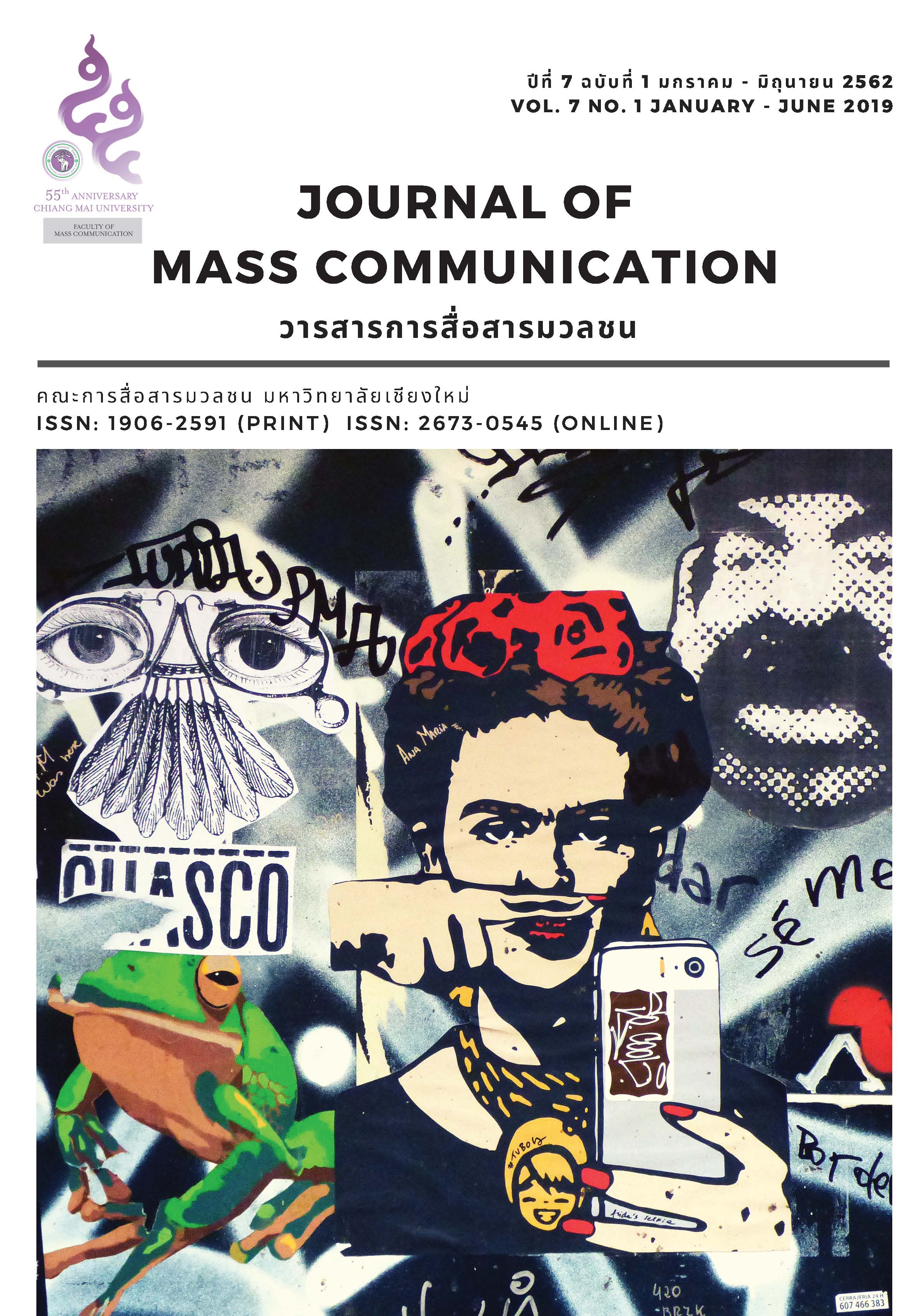Satisfaction with Social Benefits of Hearing Impaired People in Chonburi -
Main Article Content
Abstract
The study of Satisfaction with Social Benefits of Hearing Impaired People in Chonburi has the following purposes: 1) to study the satisfaction of hearing-impaired people in Chonburi. 2) to study the relationship
between satisfaction with social benefits and behaviors of using social benefits of hearing-impaired people in Chonburi. This study was quantitative research conducted by survey data collection in order to analyze and test theories by using multi-stage sampling. The samples of this study were a group of 400 hearing impaired people in Chonburi. The research instrument was a questionnaire. The data obtained were analyzed by statistics including percentage, mean, ANOVA, t-test, and the Pearson product-correlation.
The research results indicated that the majority of the sample were males in a total of 71.00% or equivalent to 284 people, followed by females in a total of 29.00% or equivalent to 116 people, people aged 21-30 years
in a total of 46.00% or equivalent to 184 people, and people with congenital hearing impairment in a total of 71.75% or equivalent to 287 people.
In the medical aspect, the hearing impaired people were satisfied with perceiving benefits of treatments, such as treatment activities with a mean of 3.84% as well as using other medicines and medical supplies with a mean of 3.79.
In the educational aspect, the hearing impaired people were satisfied with perceiving benefits of rights protection and educational support with a mean of 3.86 as well as educational opportunities with a mean of 3.75.
In the occupational aspect, the hearing impaired people were satisfied with perceiving benefits of loans with a mean of 3.93 and training for career development with a mean of 3.84.
In the social aspect, the hearing impaired people were satisfied with perceiving benefits of disability living allowance with a mean of 3.82 and receiving the subsidy for facilities with a mean of 3.40.
Article Details
ลิขสิทธ์ที่ผู้เขียนบทความต้องยอมรับ
References
กรมประชาสงเคราะห์. (2530). ปัญหาและความต้องการของผู้สูงอายุในชุมชนดินแดง. กรุงเทพฯ: กองสวัสดิการสงเคราะห์ กระทรวงมหาดไทย.
ขนิษฐา เทวินทรภักติ. (2534). การดูแลบุคคลพิการ. กรุงเทพฯ: มหาวิทยาลัยสุโขทัยธรรมาธิราช. หน้า 23-29.
ธีราพร ดวงเจริญ. (2559). การเข้าถึงสวัสดิการสังคมสำหรับบุคคลที่มีความบกพร่องทางการได้ยิน ในอำเภอท่ามะกา จังหวัดกาญจนบุรี (วิทยานิพนธ์ศิลปศาสตรมหาบัณฑิต). มหาวิทยาลัยศิลปากร, คณะวิทยาการจัดการ, สาขาวิชาการจัดการภาครัฐและภาคเอกชน.
มนฤดี ศรีสุข. (2545). การบริหารงานสวัสดิการผู้สูงอายุขององค์การบริหารส่วนตำบลในเขตจังหวัดชลบุรี (วิทยานิพนธ์รัฐประศาสนศาสตมหาบัณฑิต). มหาวิทยาลัยบูรพา, คณะรัฐศาสตร์และนิติศาสตร์, สาขาการบริหารทั่วไป.
สำนักงานส่งเสริมและพัฒนาคุณภาพชีวิตคนพิการแห่งชาติ. (2552). อนุสัญญาว่าด้วยสิทธิคนพิการ Convention on the Rights of Personswith Disbilities (CRPD). พิมพ์ครั้งที่ 1. กรุงเทพฯ: สำนักงานส่งเสริมและพัฒนาคุณภาพชีวิตคนพิการแห่งชาติ กระทรวงการพัฒนาสังคมและความมั่นคงของมนุษย์.
อรอนงศ์ สุวรรณกูล. (2525). การศึกษาทัศนคติของผู้ปกครองที่มีต่อบุตรหลายที่มีความบกพร่องทางการได้ยินด้านการศึกษา และการเลี้ยงดู. กรุงเทพฯ: ภาควิชาการศึกษาพิเศษ วิทยาลัยครูสวนดุสิต.


